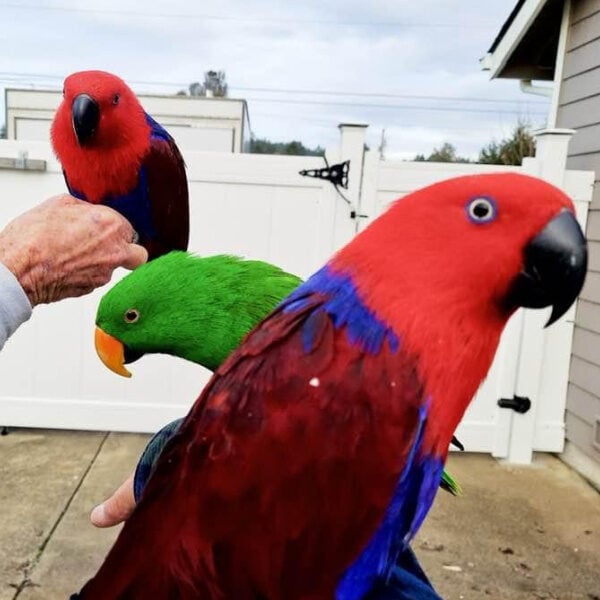Last Updated on by Mitch Rezman
According to author Frank Gill in his book, “Ornithology,” “The avian sense of smell has been traditionally underestimated. Most birds do have small smell centers (olfactory bulbs) in their brain; the bulb tends to be small but is well developed in some birds, especially those that fly and hunt by night.
It was originally thought that birds such as Leach’s Storm-Petrels (Kent Island, New Brunswick) have large nerve cell centers which help them rely on their sense of smell. it’s now generally thought by scientists that most birds use their sense of smell while performing their everyday chores. Certain species actually adapted the sense of smell to facilitate activities such as mating.
The two little nostrils on the top of the bird’s beak are called “nares” Your bird uses the nares to breathe through. These nostrils help guide the air into three nasal cavities which act as an important filtration system cleaning the air before it hits their delicate lungs.
An essay in “The Birder’s Handbook” explains that “while most birds would have little use for smell. … the apparatus for detecting odors is present in the nasal passages of all birds.
We can also deduce that if birds can die from noxious fumes like burnt Teflon, the smells don’t act as a warning to the bird-like if you or I were to smell burning rubber we would flee. Your birds don’t react to these noxious fumes so the olfactory glands only provide part of the story to the brain.
Not surprising, if you think about it. Birds live in trees, up high where odors get dispersed so the general consensus for parrots at least is that they can smell but it’s not a sense they rely on for daily activities.
We hear customers saying that their bird knows where the food in their home is even though they can’t see it, the bird must’ve smelled it which we know is not surprising but even the strong odor of dreadfully rotting fruit would unlikely be smelled by parrots at foraging altitudes.
Speaking of bird altitudes, birds have to be one the most adaptable creatures on the face of the earth. Did you know the Ruppells Griffon Vulture (about 22 pounds with 7 foot wing spans) had their altitude recorded by airlines pilots as high as 36,000 feet?
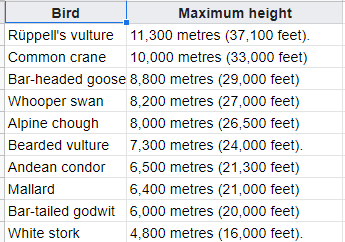
That’s almost 7 miles above the earth. They’re able to do this because they’ve developed a certain type of hemoglobin which improves how their body assimilates oxygen.
Author Profile
Latest entries
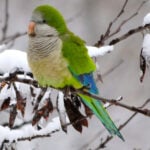 The Traveling BirdJune 26, 2025Can You Name 5 Parrot Species That Are Living Wild in the USA?
The Traveling BirdJune 26, 2025Can You Name 5 Parrot Species That Are Living Wild in the USA? Bird BehaviorJune 26, 2025How is it Parrots Are Problem Solvers Social Animals and Even Use Tools?
Bird BehaviorJune 26, 2025How is it Parrots Are Problem Solvers Social Animals and Even Use Tools?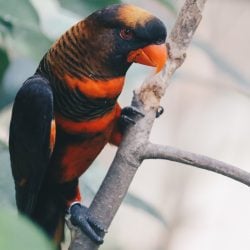 Bird & Parrot AnatomyJune 25, 2025How a Tiny Chemical Modification Makes Parrots Nature’s Living Paintings
Bird & Parrot AnatomyJune 25, 2025How a Tiny Chemical Modification Makes Parrots Nature’s Living Paintings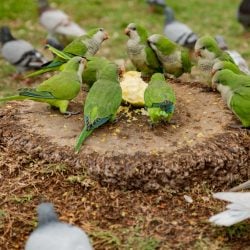 PigeonsJune 20, 2025How Do Parrots Thrive in Cities Outside Their Native Habitats?
PigeonsJune 20, 2025How Do Parrots Thrive in Cities Outside Their Native Habitats?



